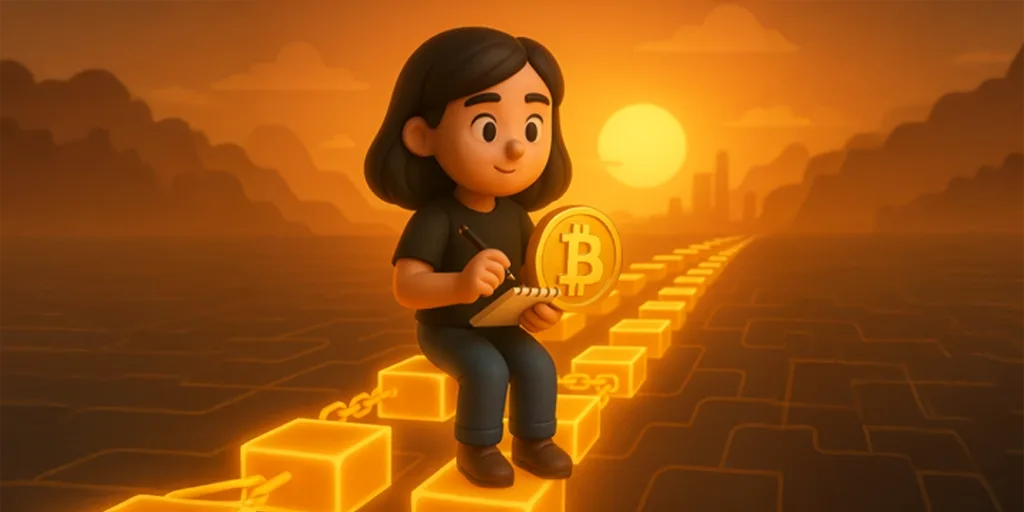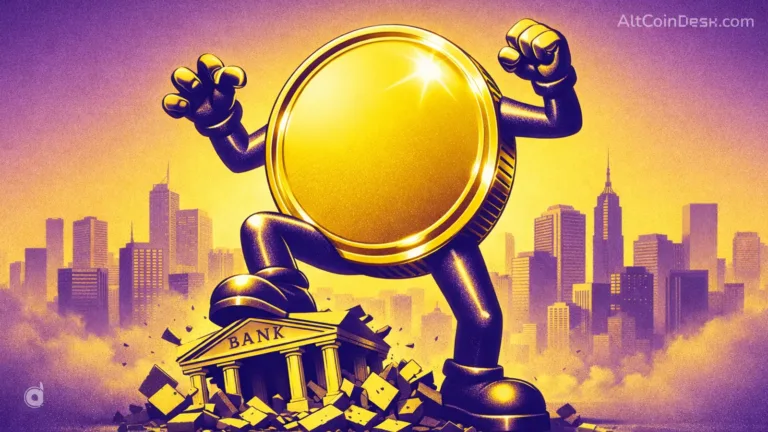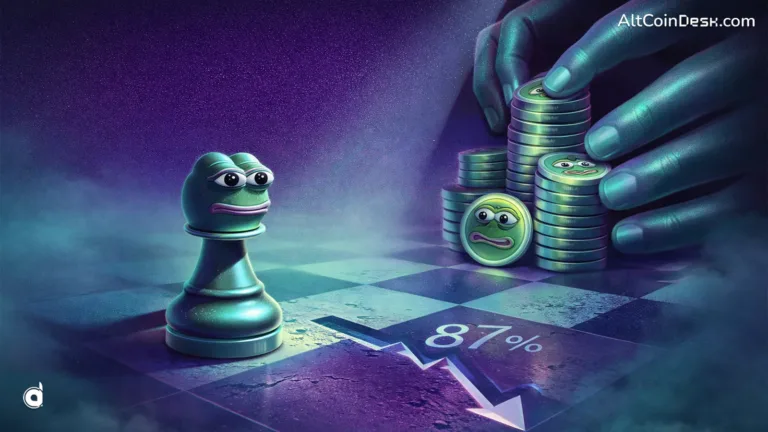“I should have bought Bitcoin”.
It was one of those phrases I heard tossed around during my teen years in Dubai, almost like an inside joke I was too late to get. I imagined Bitcoin as literal coins, maybe something you could buy at a specific store that appreciated in value over time. That scene lingered longer than I would like to admit.
From Dubai to Boston: Entering the tech conversation
Things changed quickly when I went to college in Boston at 17 to study computer science. I was suddenly normative with peers and professors in my calculus and algorithms class talking about things I had never even heard of in everyday conversation, including decentralization, blockchain, and smart contracts. At first, it was all abstract and blended into the background, but late during the cold fall of that year, as northeastern have it, I had my first integration into the decentralized world.
Growing up, I had felt centralization—rules that couldn’t be questioned in school systems or traditional institutions. I didn’t have the language for it back then, but studying computer science in Boston with people from all around the world gave me the lens.
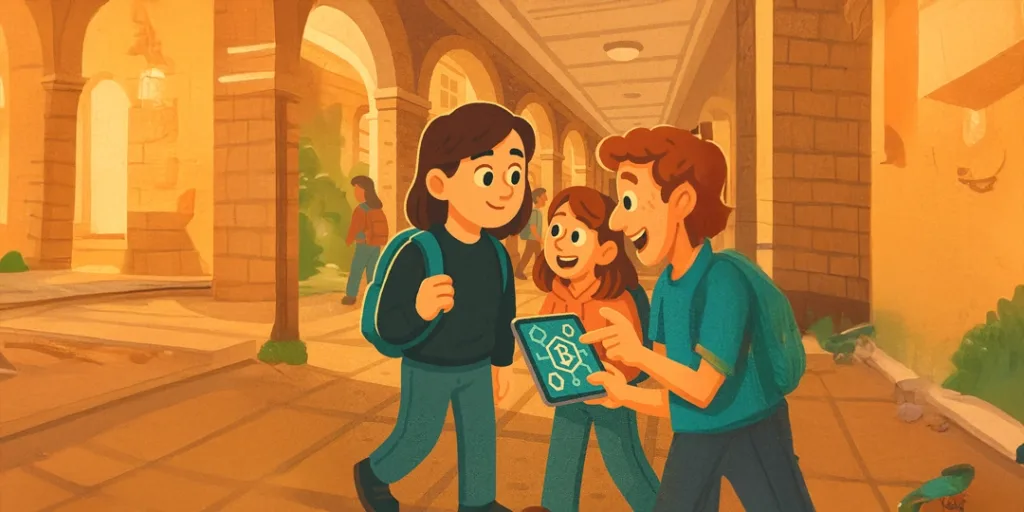
Sitting in the student library during my junior year in 2023, I was approached to join a project looking at the concept of carbon tokens. Specifically, this test project was designed to offset, or at least to limit, the environmental impact of blockchain technologies like Bitcoin. This was my first real engagement with crypto and I had to be on the backend, but more importantly, it was the first time I had really seen the human side of blockchain: people who were not acting on behalf of their own profit, but on principle. People who believed decentralization wasn’t just another buzzword in tech, but a much-needed counterbalance to the centralized regimes that quietly regulate so much of our lives.
The spark that stayed
That project didn’t take off as everyone was busy with exams and whatnot. But what it sparked in me hasn’t faded. I realized there’s something powerful about building tools not just to function, but to reflect values, transparency, access, and autonomy.
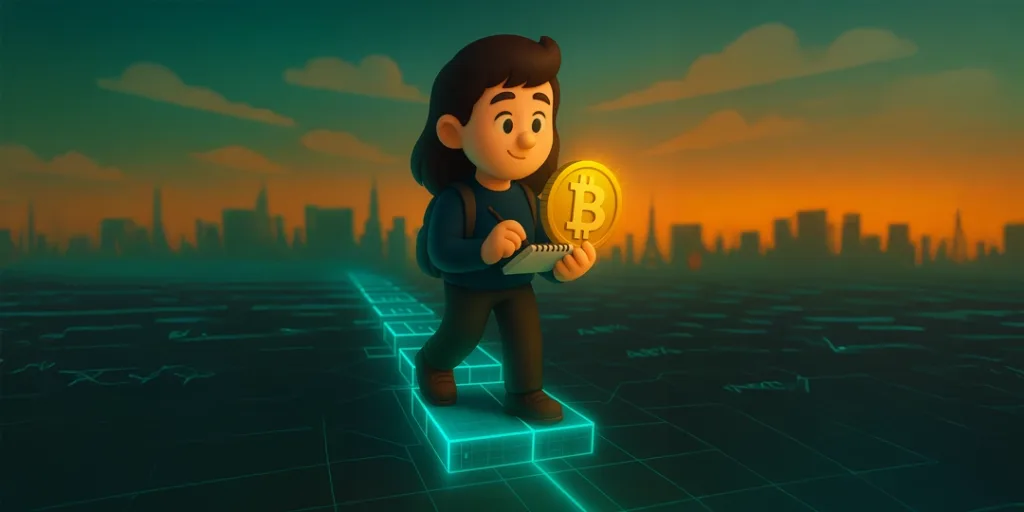
In a field often driven by speed and scale, I was struck by how many people in the blockchain space are motivated by why they build. Decentralization isn’t just a technical architecture; it’s a cultural decision. It’s a future we’re imagining and choosing, bit by bit, block by block.
Where I stand now
And now, as I sit working and writing at AltCoinDesk, I find myself plunging deeper into the decentralized world—and seeing the wonder it holds. I know I’ll continue to shape my thoughts on centralization and decentralization as my career unfolds, but for now, this is where I stand.
And maybe that’s the point. Maybe it was never just about buying Bitcoin early. Maybe it’s about what these technologies reveal about us—and the kind of world we imagine and build with them.
